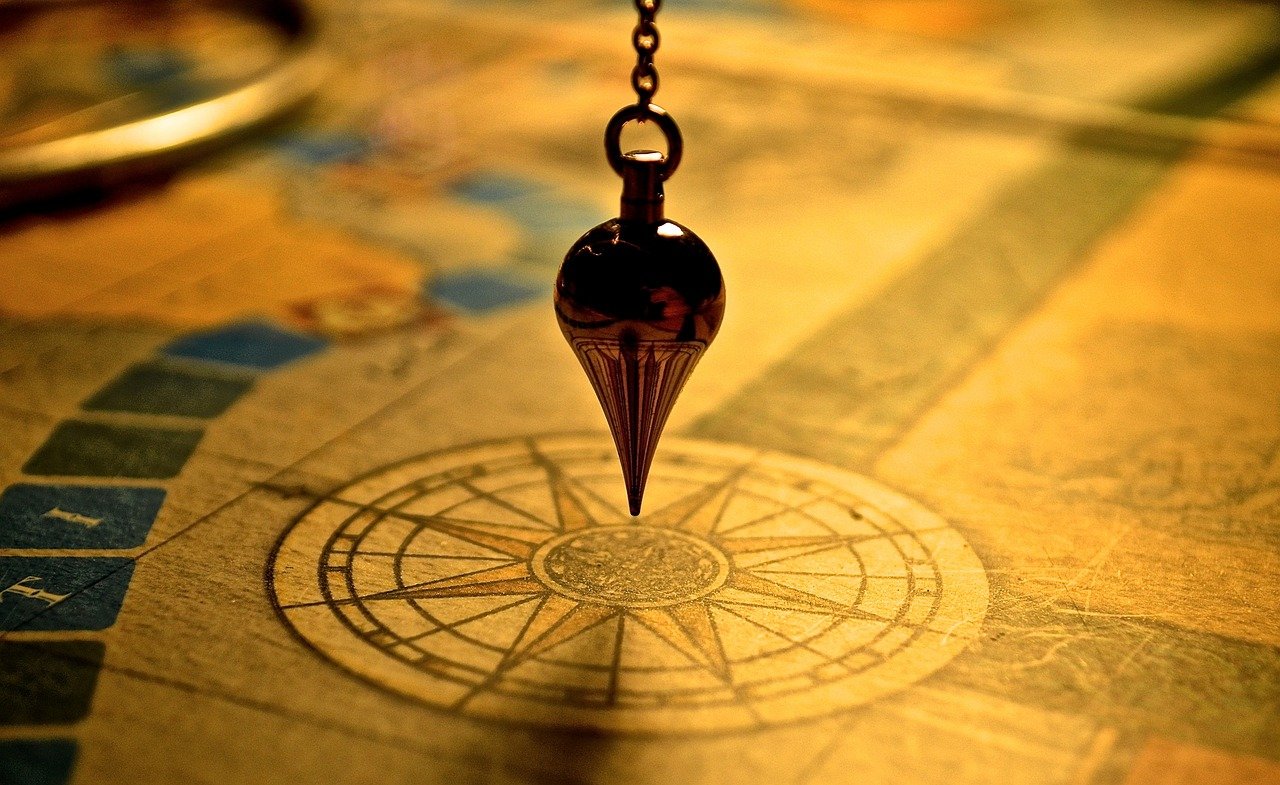"Tabernacled"
John 1:14
14 And the Word became flesh and dwelt among us, and we have seen his glory, glory as of the only Son from the Father, full of grace and truth.
The tabernacle was the moveable tent that the Lord had the Israelites construct during their desert wanderings, after the Passover and the parting of the sea but before the Promised Land. At the end of Exodus, the tabernacle is complete, and the glory of God comes and dwells in the tent, right in the midst of the Israelite camp:
34 Then the cloud covered the tent of meeting, and the glory of the Lord filled the tabernacle. 35 And Moses was not able to enter the tent of meeting because the cloud settled on it, and the glory of the Lord filled the tabernacle. 36 Throughout all their journeys, whenever the cloud was taken up from over the tabernacle, the people of Israel would set out. 37 But if the cloud was not taken up, then they did not set out till the day that it was taken up. 38 For the cloud of the Lord was on the tabernacle by day, and fire was in it by night, in the sight of all the house of Israel throughout all their journeys. [Exodus 40:34–38]
The presence of God is manifested in a cloud of glory. In Exodus, in fact, no one is able to see the “face” of God and live—God’s power is too bright (Exodus 33:20).
But with Jesus, something remarkable has happened.
John, a master artist, has chosen a specific Greek word that is here translated as “dwelt”—it’s the verb form of the word for “tabernacle.” So, here is what John literally says:
The Word became flesh and tabernacled among us.
In other words, the same glory that was made manifest to Moses and the Israelites in the tent has now come in the person of Jesus!
John says that he has seen the “glory” of the Son.
QUESTION OF THE DAY
How is the glory of God shown in the Crucifixion of the Son? How does that redefine our idea of the glory of God?
P.S. This month, I am memorizing the prologue of the Gospel of John, 1:1-18. Today, we’re up through verse 14. If you are behind, take the weekend and catch up!
P.P.S. Note that Jesus is the Son of the Father. There is no Father without the Son, and vice versa—there has always been Father, Son, and Holy Spirit (though the Spirit has not yet been formally introduced to us in John’s Gospel).



